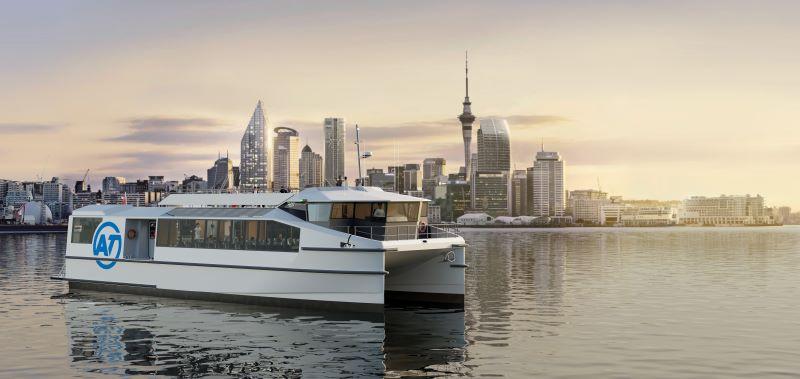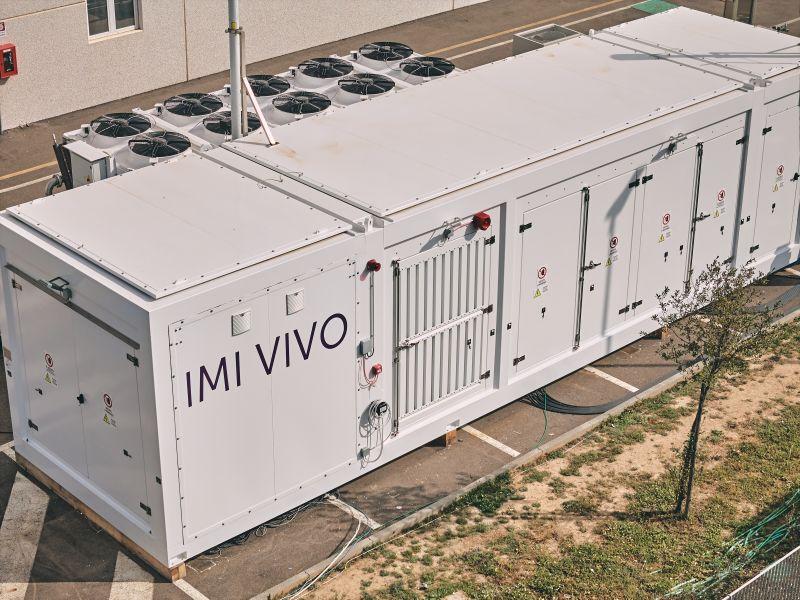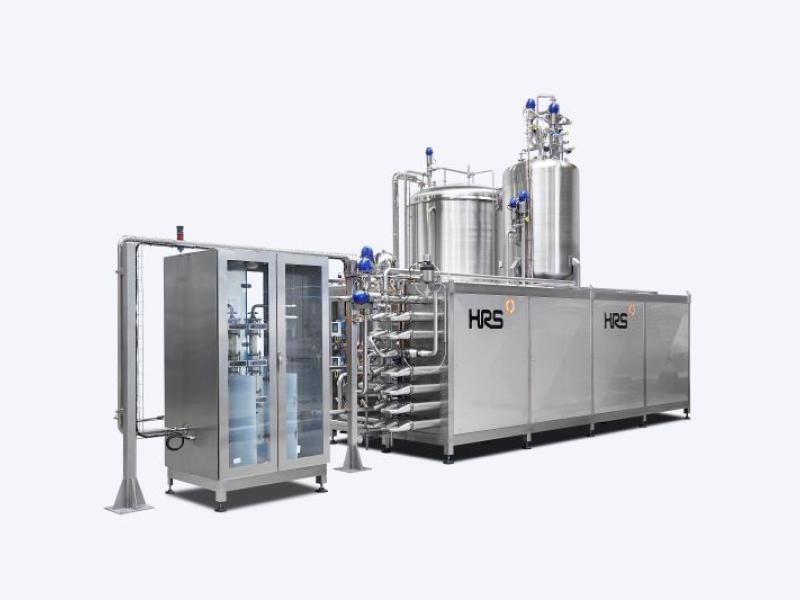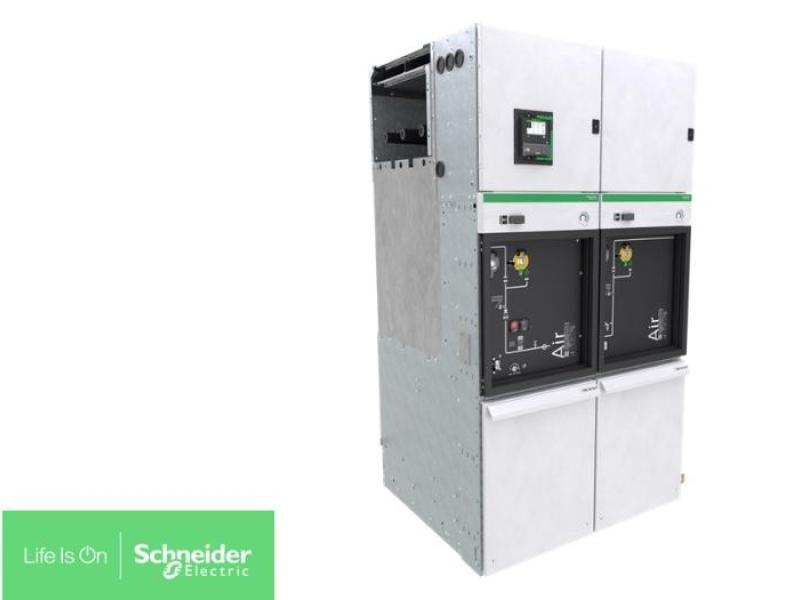ABB and Singer Electric has secured a contract with Auckland Transport (AT) to deliver the maritime world’s first Megawatt Charging System (MCS) to recharge electric ferries using the same charging interface as trucks and airplanes. Lowering the barrier to entry, the highly adaptable system is expected to improve electric vessel competitiveness against fossil-fuelled counterparts.
While Auckland’s ferries carry only six percent of public transport users, they use around 13 million litres of diesel each year and make up 20 percent of public transport emissions. AT believes that ferry electrification powered by locally generated electricity, will help reduce fuel consumption by approximately 1.5 million litres each year, and avoiding about 4,000 metric tons of CO2 emissions.
As part of its Mission Electric program, AT has already ordered two 200-seat all-electric ferries and two 300-passenger hybrid-electric ferries, and is expected to become the largest electric ferry fleet operator in the Southern Hemisphere by 2030. The commitment requires the fast-track creation of ferry recharging infra-structure.
ABB’s local channel partner Singer Electric will deliver, engineer and install 10 complete power systems by the end of 2025 to connect the grid to MCS plugs located two apiece at the Half Moon Bay Ferry Terminal, the Hobsonville Point Ferry Terminal, and Piers 2, 4 and 5 of the Downtown Ferry Terminal. Each system will feature a 2 x 1.65MW charger, consisting of a transformer, ACS880 converters, MCS plugs and cable management on the ferry pontoons.
Arranged in pairs, the chargers will deliver over 3MW of direct current (DC) power to sustain the short turnarounds and high-power demands needed during a ferry call. The connectors will be handled by crew during passenger turnarounds and requiring no support from a robot arm or other machinery.
Each charger will be capable of supplying over three megawatts of power, allowing the ferries to quickly top up between journeys. They will charge for five to 10 minutes during passenger boardings.
The Auckland installation will also be the first MCS supplied by ABB, although the group has been delivering shore-to-ship power for over 20 years since an initial contract with Princess Cruises in Alaska. The solution will also be similar to ABB’s landmark project to support 10 all-electric ferries for public transportation provider Transtejo Soflusa in Lisbon, Portugal. Also New Zealand’s first fully electric, high speed passenger ferry Ika Rere in Wellington utilises an ABB lower-power charging solution for electric vehicles.
"Securing the AT Ferry ship-to-shore charging solution with our global partner ABB is a significant step for Singer Electric in our quest to decarbonise buildings and transport in New Zealand. The project is at the leading edge of charging technology and will pave the way for other megawatt charging applications in New Zealand" says Jeff McLaren, Managing Director, Singer Electric.
Electric ferry orders made up 37 percent of the maritime battery capacity deliveries between 2019 and 2022, according to research published by IDTechEx(2). A 2023 forecast from Spherical Insights(3) suggests that the market for all types of electric ships will double in value by 2030 over a 2021 baseline, to surpass USD 10.5 billion.






